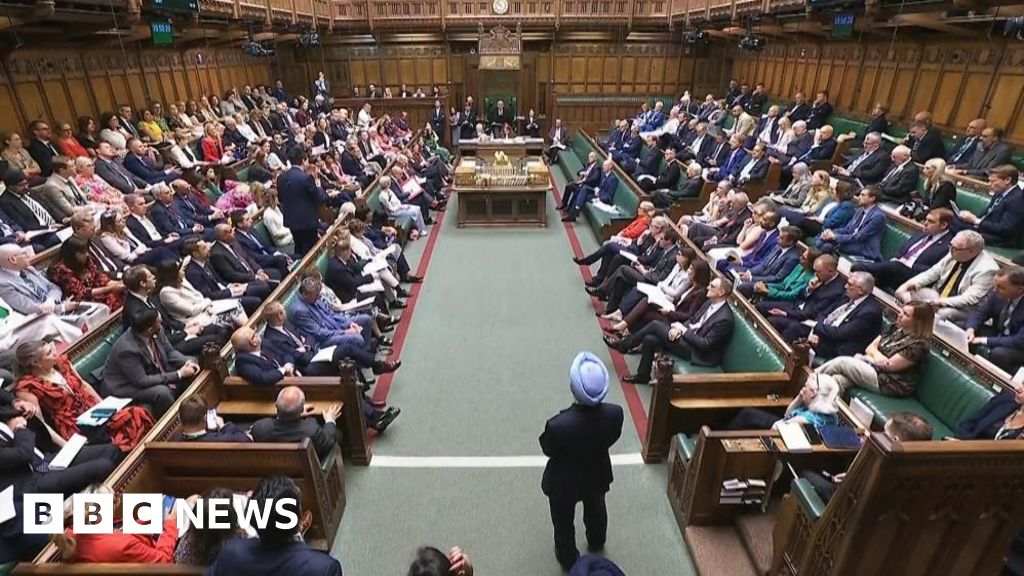UK Parliament Passes Assisted Dying Bill for Terminally Ill Adults
The UK Parliament has passed the Terminally Ill Adults (End of Life) Bill, allowing assisted dying for terminally ill individuals with strict approval processes.
Subscribe to unlock this story
We really don't like cutting you off, but you've reached your monthly limit. At just $5/month, subscriptions are how we keep this project going. Start your free 7-day trial today!
Get StartedHave an account? Sign in
Overview
- The Terminally Ill Adults (End of Life) Bill passed in the UK Parliament with a vote of 314-291, reflecting a majority of 23 votes.
- The legislation permits terminally ill adults with a life expectancy of less than six months to seek assisted death after approval from two doctors and a panel.
- Labour MP Kim Leadbeater's private member's bill on assisted dying is now likely to become law in England and Wales after passing in the House of Commons.
- The bill will advance to the House of Lords for further scrutiny and potential amendments before final approval.
- Implementation of the assisted dying law could take up to four years, marking a significant shift in UK social policy since the legalization of abortion.
Report issue

Read both sides in 5 minutes each day
Analysis
Center-leaning sources frame the assisted dying bill as a significant legislative development, emphasizing the narrow vote margin and public protests. They exhibit a cautious perspective, highlighting the bill's passage to the House of Lords for scrutiny, reflecting a balance between support for individual choice and concerns over ethical implications.
Articles (14)
Center (6)
FAQ
The bill permits assisted dying for adults over 18 who have a terminal illness with a prognosis of less than six months to live, subject to a series of safeguarding checks including approval from two doctors and a multi-disciplinary panel.
After passing the House of Commons, the bill will undergo further scrutiny, debate, and potential amendments in the House of Lords, which can delay or amend the bill but has limited power to block it completely.
The bill includes safeguards such as the creation of a Voluntary Assisted Dying Commission led by a commissioner appointed by the prime minister, the requirement of a multi-disciplinary panel to review applications, and independent advocates for vulnerable individuals.
If the bill passes all legislative stages, full implementation of the assisted dying law is expected to take up to four years.
The bill represents a major shift in UK social policy, marking the first legalization of assisted dying for terminally ill adults, a change comparable in social impact to the earlier legalization of abortion.
History
- 4M

 8 articles
8 articles
- 4M

 4 articles
4 articles












